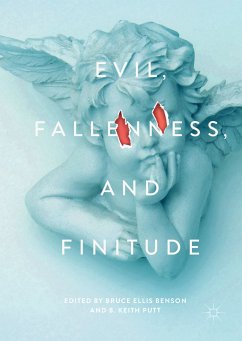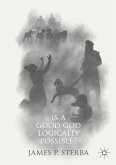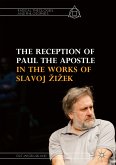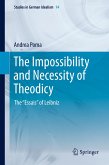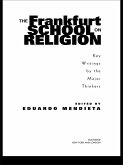This collection addresses the perennial philosophical and theological issues of human finitude and the potentiality for evil. The contributors approach these issues from perspectives in Continental philosophy relating to phenomenology, philosophical hermeneutics, rabbinical traditions, drawing upon the work of Immanuel Kant, Søren Kierkegaard, and Paul Ricoeur. While centering on the traditional theme of theodicy, this volume is also oriented to the phenomenology of religion, with contributions across religions and intellectual traditions.
Dieser Download kann aus rechtlichen Gründen nur mit Rechnungsadresse in A, B, BG, CY, CZ, D, DK, EW, E, FIN, F, GR, HR, H, IRL, I, LT, L, LR, M, NL, PL, P, R, S, SLO, SK ausgeliefert werden.
Es gelten unsere Allgemeinen Geschäftsbedingungen: www.buecher.de/agb
Impressum
www.buecher.de ist ein Internetauftritt der buecher.de internetstores GmbH
Geschäftsführung: Monica Sawhney | Roland Kölbl | Günter Hilger
Sitz der Gesellschaft: Batheyer Straße 115 - 117, 58099 Hagen
Postanschrift: Bürgermeister-Wegele-Str. 12, 86167 Augsburg
Amtsgericht Hagen HRB 13257
Steuernummer: 321/5800/1497
USt-IdNr: DE450055826

